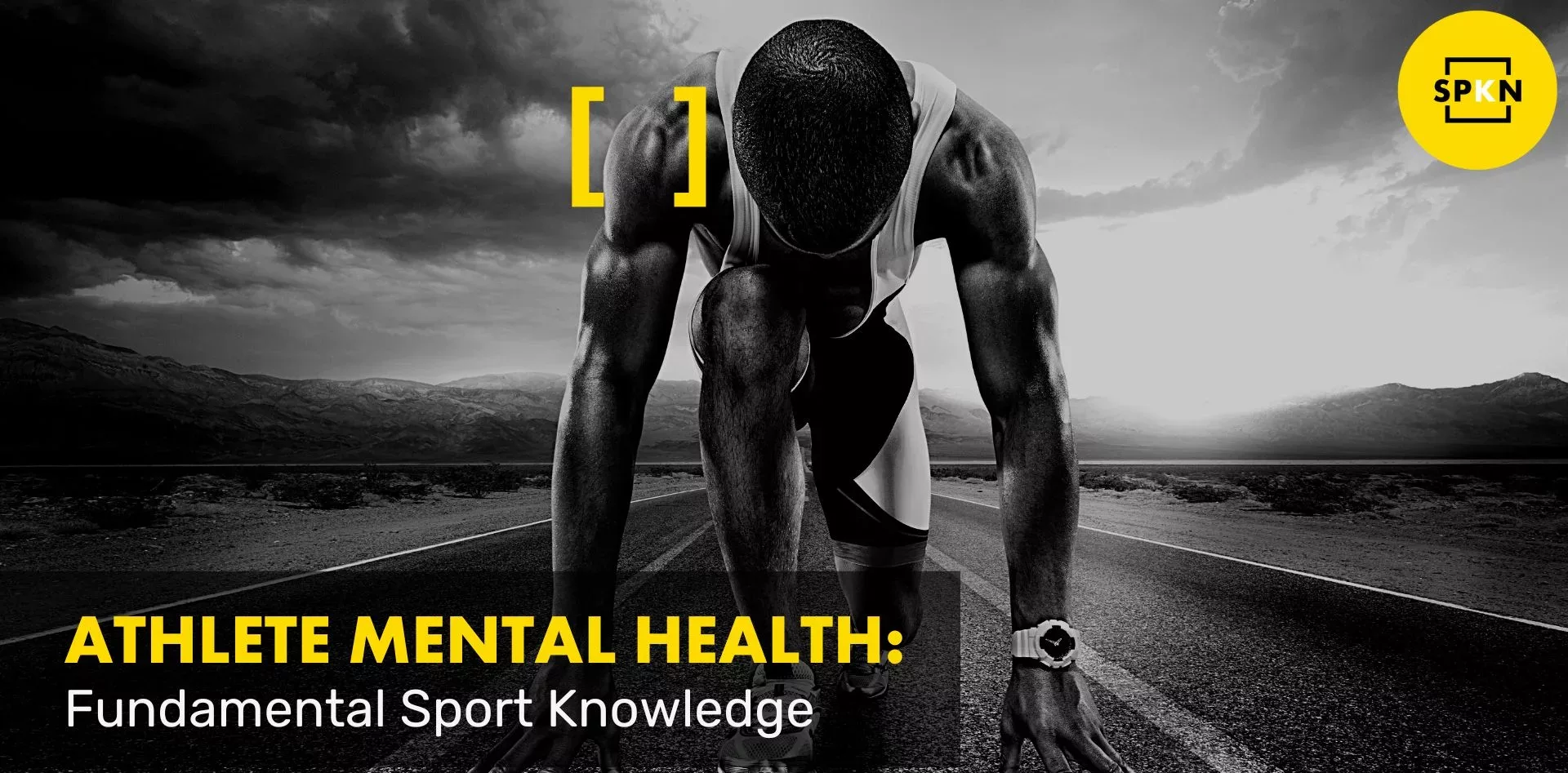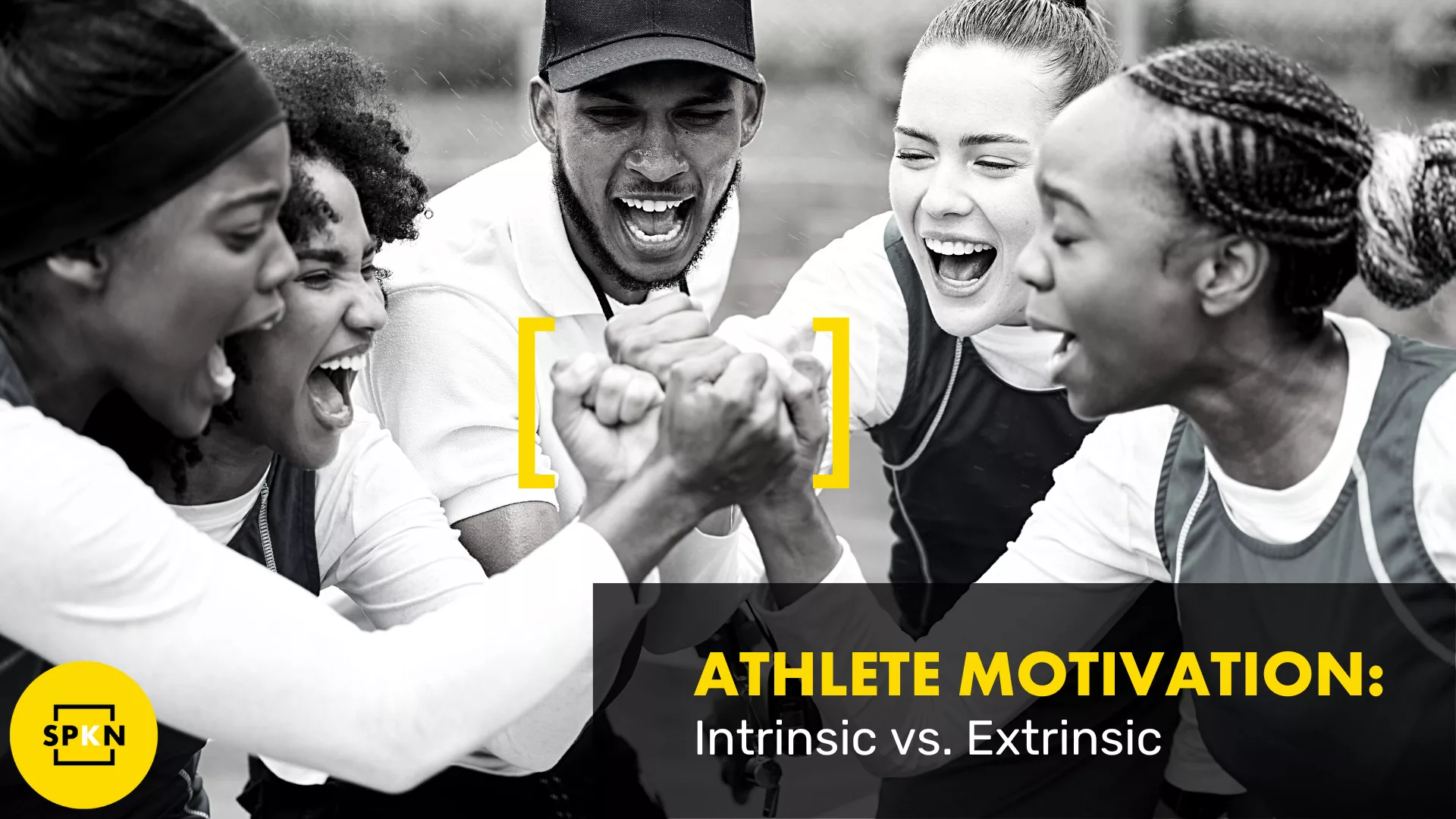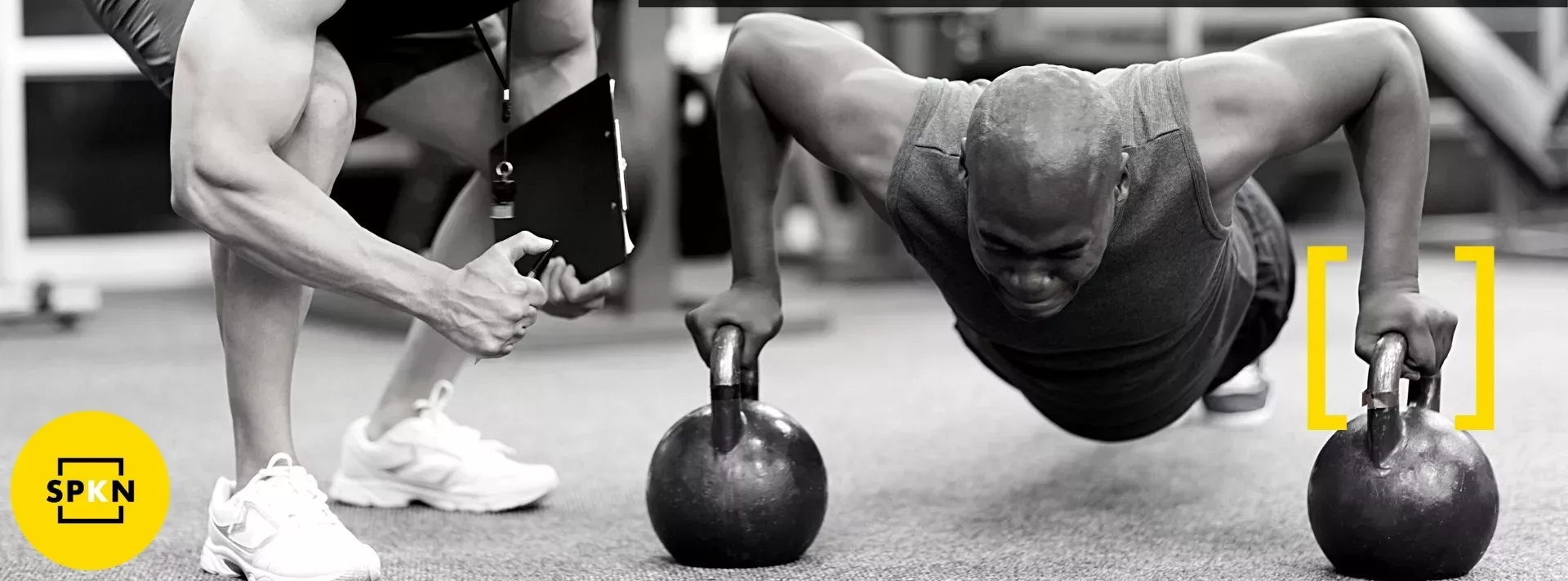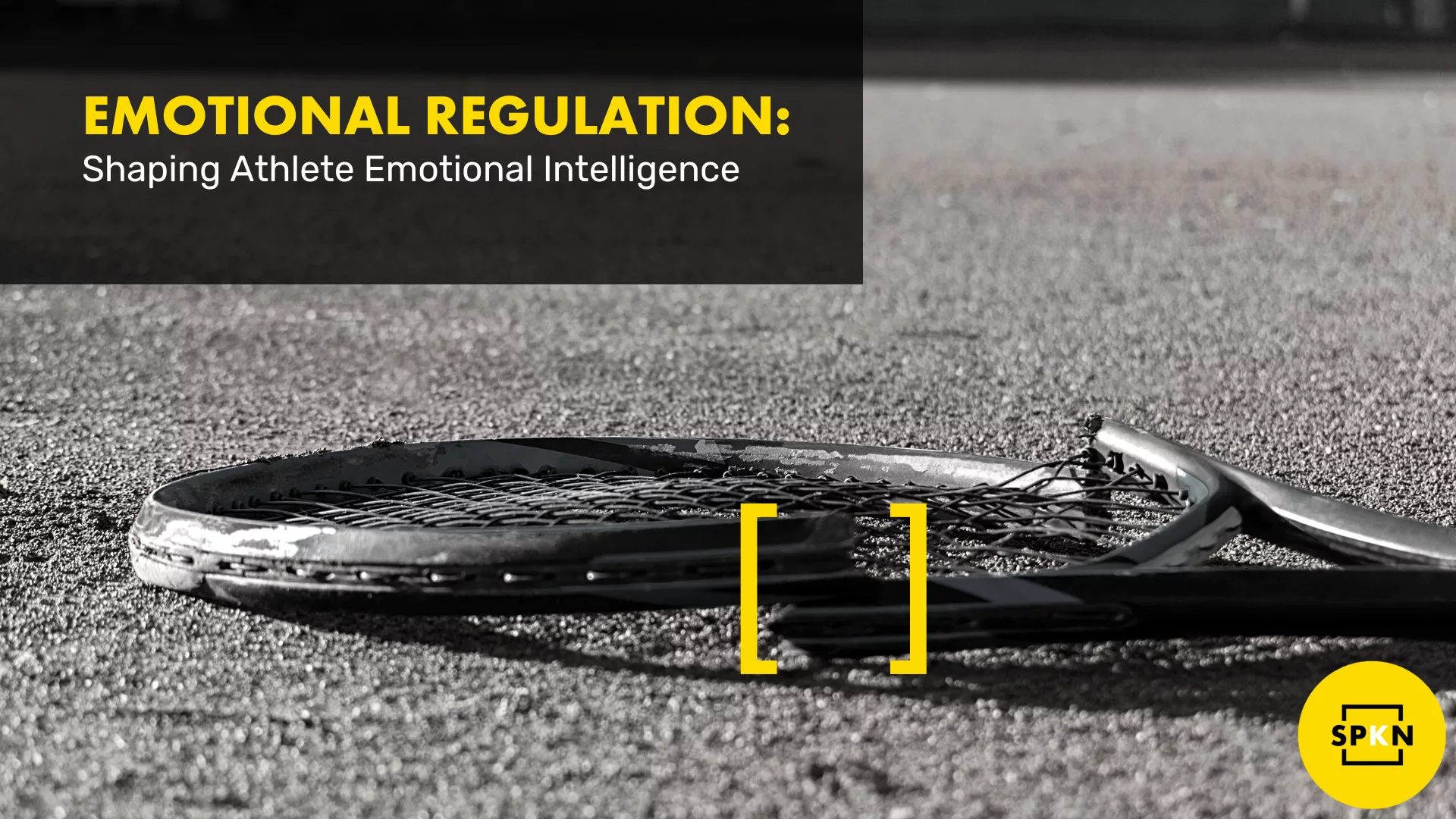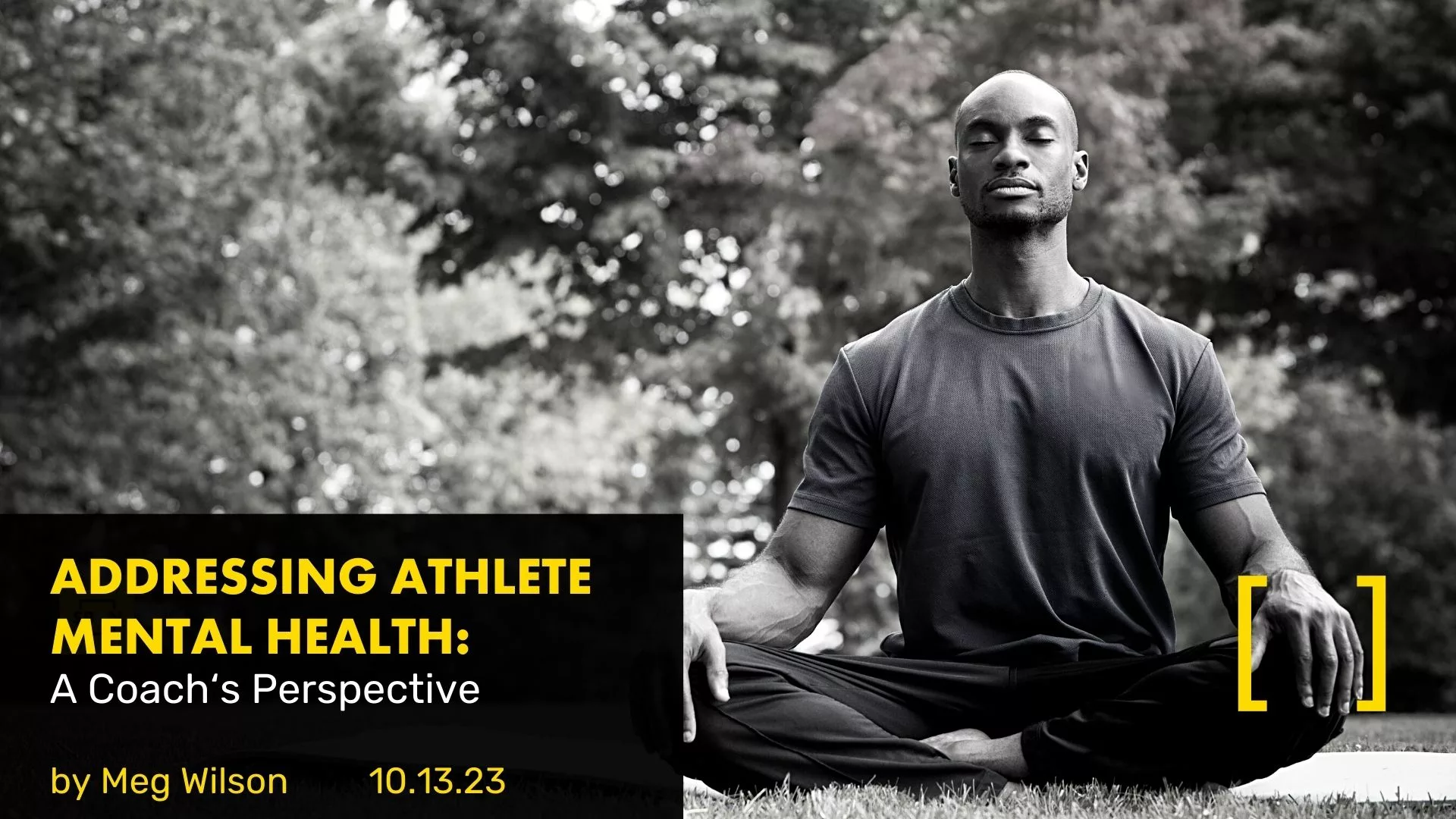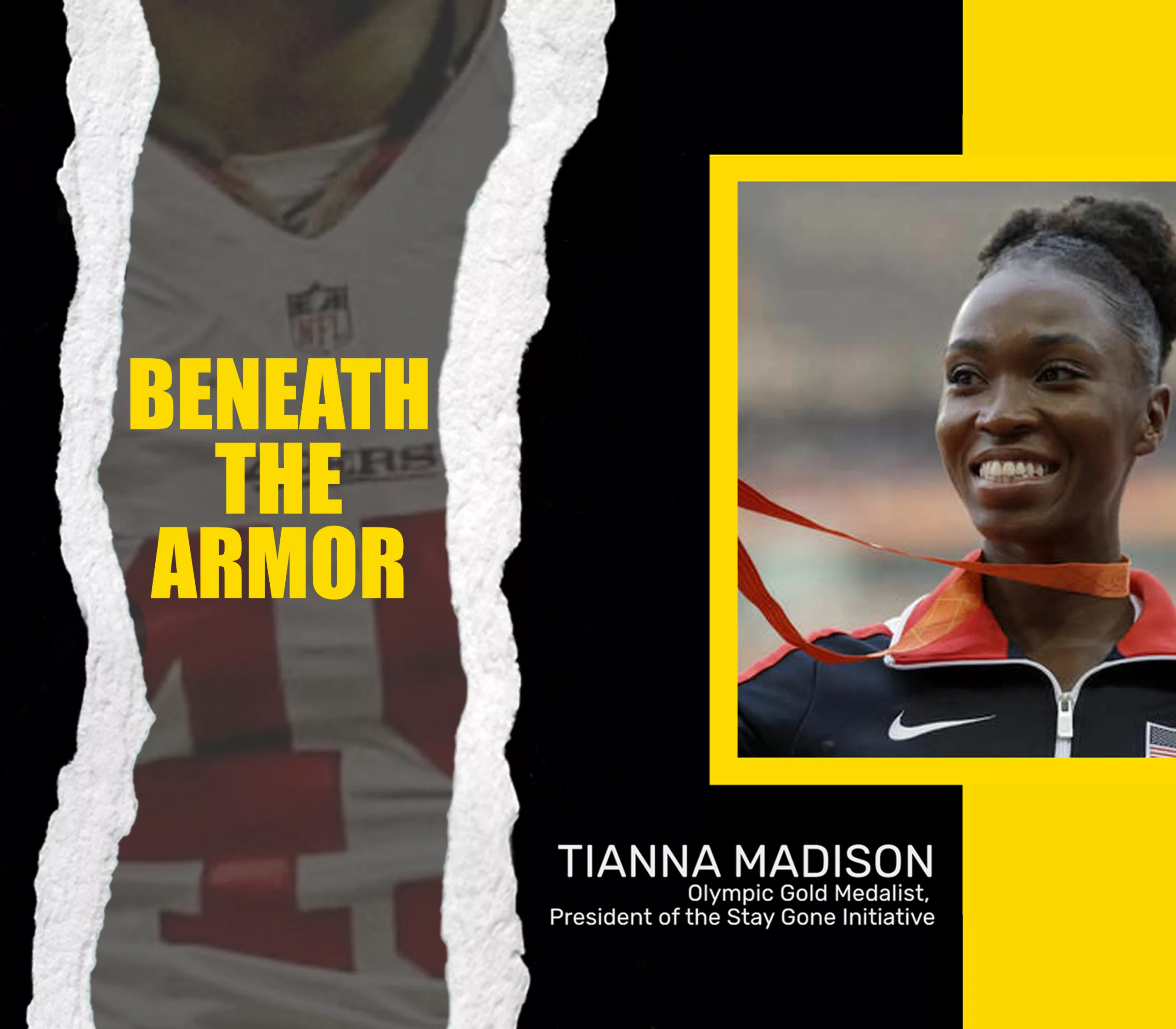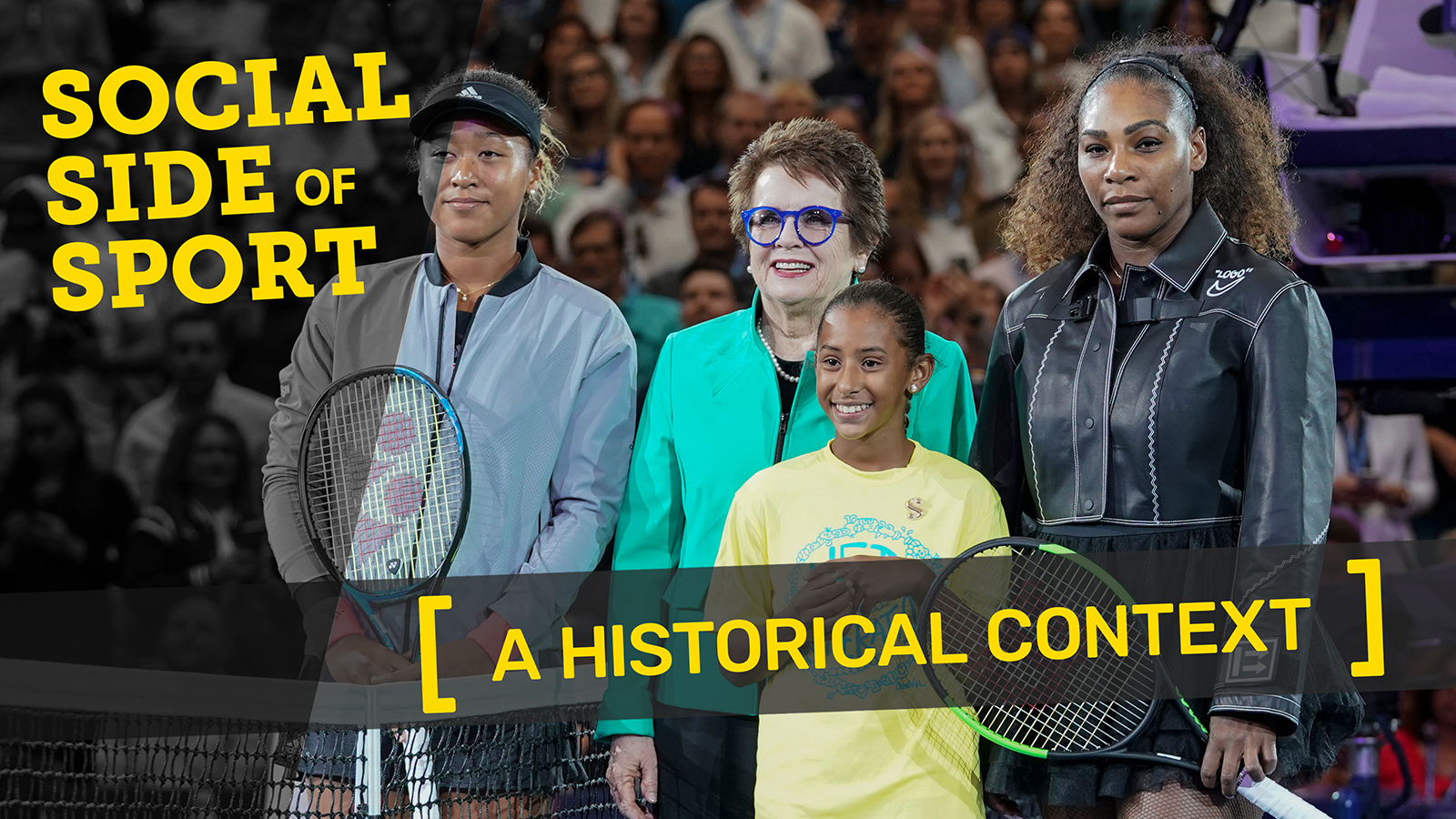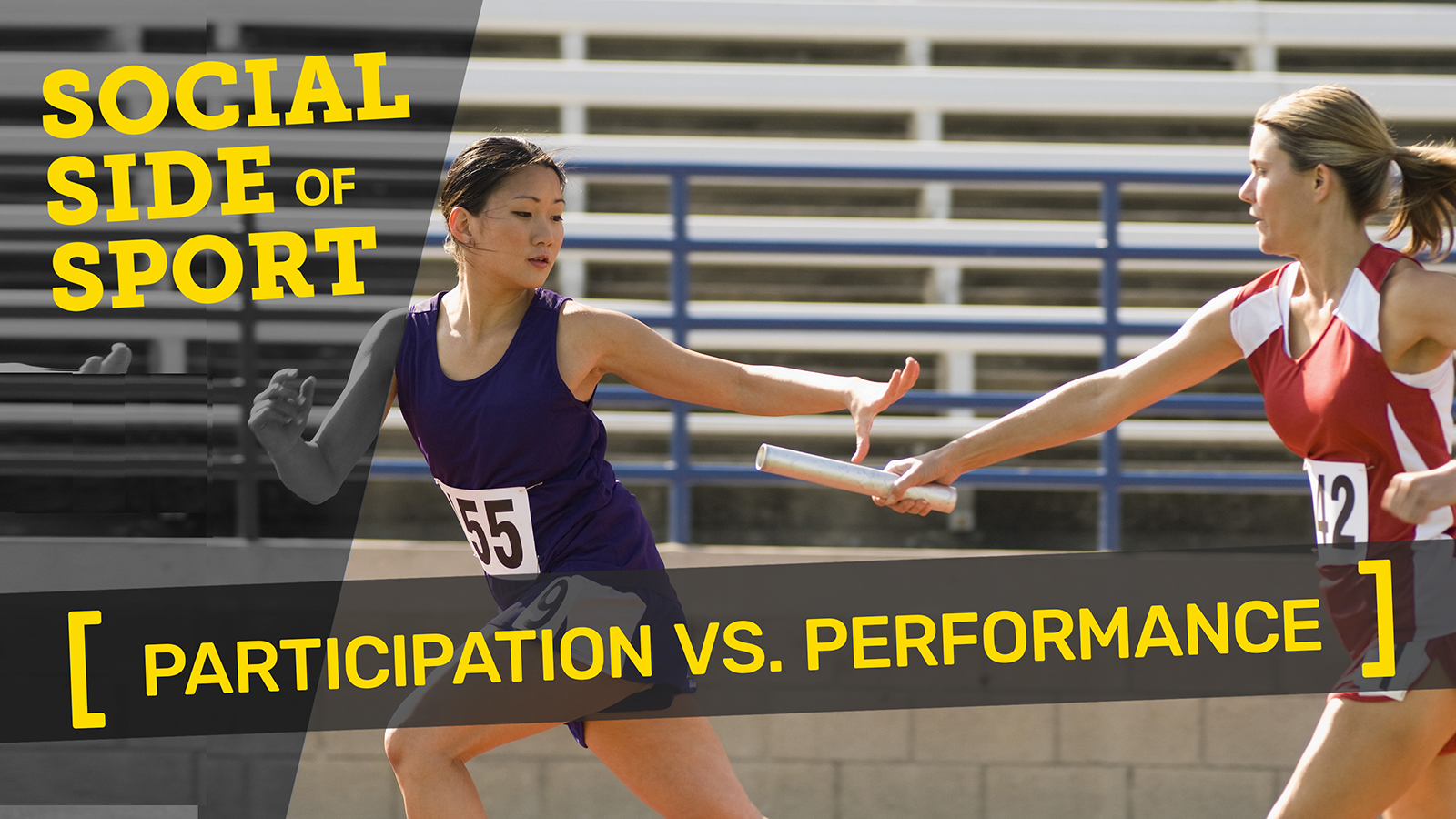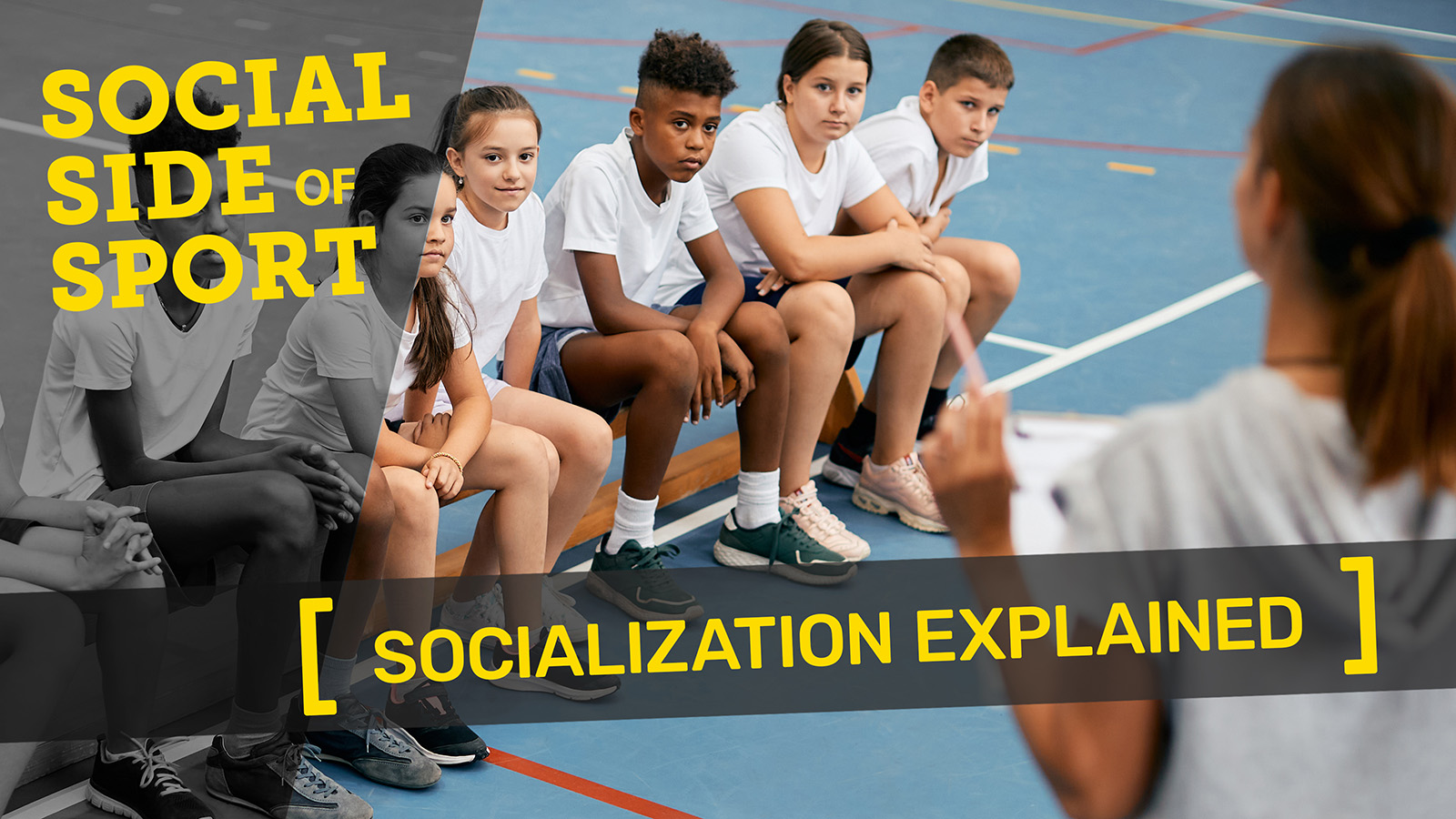Sport knowledge refers to the comprehensive understanding of the sport, it goes beyond knowing its rules, techniques, strategies, and includes historical context, social influences, and the science infused within it. When coaches possess in-depth knowledge of their sport, they become trusted sources of information and guidance for their athletes. This expertise helps shape the athlete’s identity, as they look up to their coach as a role model and mentor.
The Role of Sport Leadership
Sport leadership is a key aspect of coach development. Effective leaders in the sporting context inspire and empower their athletes, while also providing the necessary guidance and support. Coaches with extensive sport knowledge are better equipped to lead their athletes towards success, as they can offer expert guidance based on a deep understanding of the sport.
“Leadership is not about being in charge. It is about taking care of those in your charge.” – Simon Sinek
The Influence on Athlete Development
Coaches with a strong foundation of sport knowledge can provide athletes with a well-rounded development experience. They understand the technical aspects of the sport and can provide targeted feedback and instruction to help athletes improve their skills. Additionally, coaches who possess historical and contextual knowledge of the sport can instill a sense of pride and identity in their athletes.
“Great coaches help athletes to believe in themselves and achieve things they didn’t think were possible.” – John Wooden
The Impact of Sport Knowledge on Mental Health
The mental well-being of athletes is a critical aspect of their overall performance and success. Coaches who possess a deep understanding of the psychological aspects of the sport can provide valuable support to their athletes in maintaining a positive mental state.
Psychological Well-being
Coaches with sport knowledge can create an environment that fosters positive psychological well-being. They understand the pressures and challenges faced by athletes and can provide appropriate support and guidance. This can include techniques such as goal setting, visualization, and stress management, which contribute to the athlete’s overall well-being.
“The greatest weapon against stress is our ability to choose one thought over another.” – William James
Athlete Identity and Self-esteem
Athlete identity is a significant factor in an athlete’s mental well-being. Coaches who possess sport knowledge can help athletes develop a strong sense of identity by instilling confidence and providing opportunities for growth. This, in turn, enhances the athlete’s self-esteem and resilience, contributing to their overall mental health.
“Success is not the key to happiness. Happiness is the key to success. If you love what you are doing, you will be successful.” – Albert Schweitzer
Sport knowledge plays a vital role in shaping the athlete’s identity and mental well-being. Coaches who possess a deep understanding of their sport can positively impact their athletes’ lives by providing expert guidance, fostering a positive psychological environment, and supporting holistic development. By continually expanding their sport knowledge and applying research-backed strategies, coaches can empower their athletes to reach their full potential both on and off the field.
To explore more about athlete identity and its impact on mental health, visit SPKNmedia.org, where you can find a wide range of academic articles, videos, and podcasts. Stay informed, continue learning, and make a positive difference in the lives of your athletes.
RESOURCES:
- Ronkainen, N. J., Ryba, T. V., & Littlewood, M. A. (2022). Beyond the athletic self: Exploring the multilayered identities of athletes. Psychology of Sport and Exercise, 56, 101953.
- Brewer, B. W., & Petitpas, A. J. (2021). Athlete identity and mental health: The protective role of sport environment factors. Journal of Sport and Health Science, 10(2), 205-212.
- Wylleman, P., & Lavallee, D. (2004). A developmental perspective on transitions faced by athletes. In M. Weiss (Ed.), Developmental sport and exercise psychology: A lifespan perspective (pp. 507-527). Fitness Information Technology.
- Beamon, K. (2012). “I’m a baller”: Athletic identity foreclosure among African-American former student-athletes. Journal of African American Studies, 16(2), 195-208.






